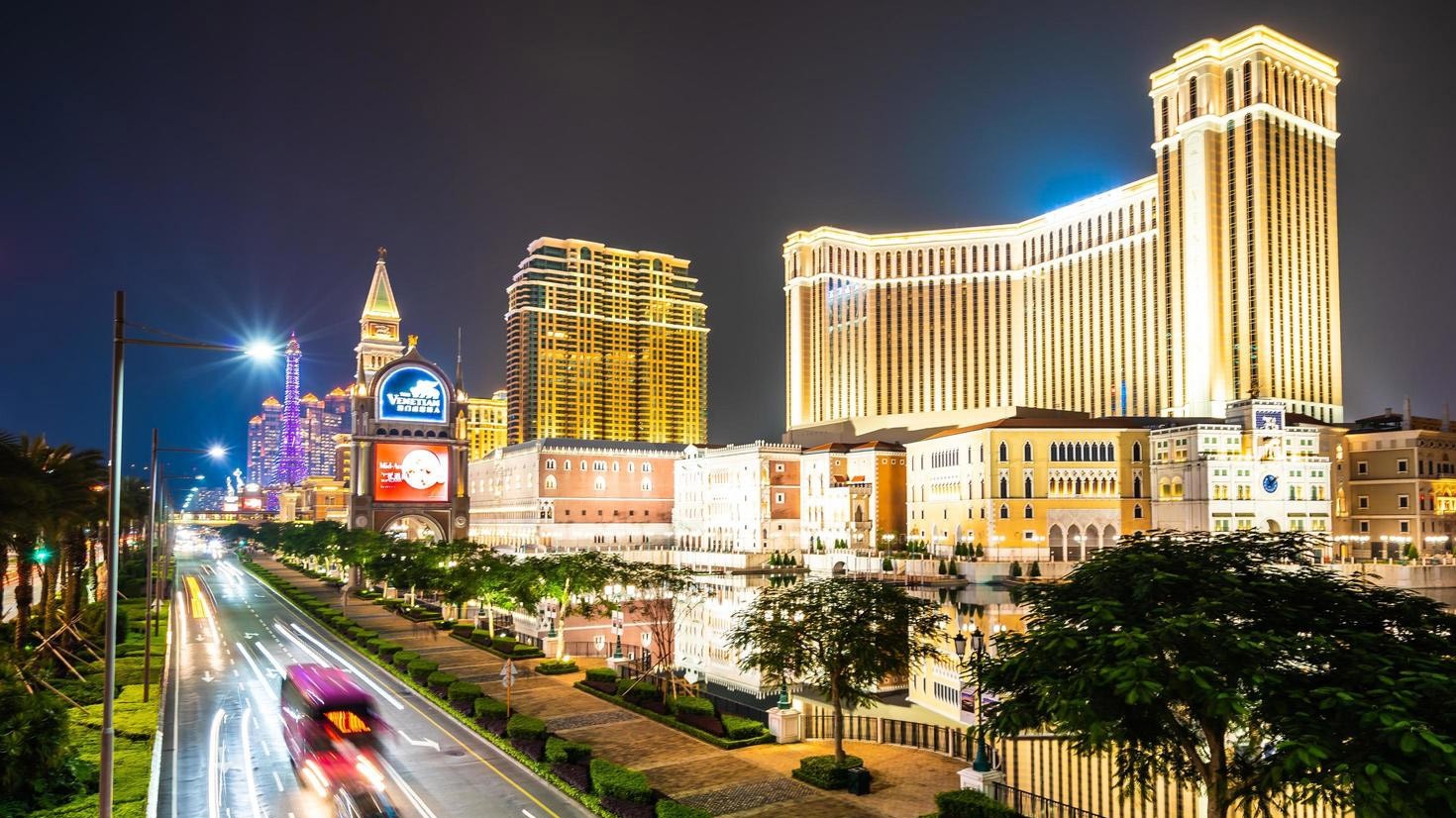For the first time in two years, the government shut down all its casinos on Monday, in an attempt to stop a spike in the number of new Covid-19 cases. According to analysts, casinos have had close to zero revenue since mid-June, when the city’s outbreak began, and they are expected to have little to no income in the coming months. Even prior to their closure, analysts estimated the casinos were burning through some $600 million each month because of COVID restrictions.
Having invested billions in Macau over the last two decades, Wynn Macau, MGM China, Galaxy Entertainment, SJM Holdings, and Melco Resorts are soaking up losses as they prepare to bid for new licenses by next month in a business that generated $36 billion in revenue in 2019, the last year before COVID curbs slammed the sector. Government of the Macao Special Administrative Region has approved the extension of the licenses of the six existing gaming operators in the city until December 31, and earlier this month, the executive council published draft rules for the retendering process.
“They (casinos) have to play the long game. It’s just a matter of recovery when it starts again,” Alidad Tash, managing director of gaming consultancy 2NT8 said, as reported by Reuters.”The sad part is that it’s going to be years until business comes back to where it used to be.”
According to Reuters, some of the casinos are seeking loans from U.S. parent companies, as well as showcase their role in the gaming hub’s society, where the gaming industry accounts for more than 80% of government revenue with most people employed directly or indirectly by the casino resorts, by not firing tens of thousands of staff with no gamblers to deal cards to or otherwise serve.
Although they are not legally required to pay staff during a mandated closure, casinos have continued to do so. Furthermore, operators have shown support by offering the use of their hotel rooms for quarantine. Just earlier this week it was reported that SJM Holding’s Grand Lisboa Palace; and the Grand Hyatt hotel, owned by Melco Resorts had been assigned to be used as medical facilities, joining Sands China‘s Sheraton hotel and The Londoner resort, which had already been used as quarantine facilities.
The Grand Lisboa Palace, and the Grand Hyatt, in Macau.
However, the latest lockdown has taken a toll on the sector, as it had been struggling since the start of the pandemic, with revenues tumbling 70% in 2021 compared with 2019 to $10.8 billion. Macau casino shares have also sunk dramatically, between 21% and 76% since 2020, as the city adheres to China’s “zero-COVID” policy that aims to curb all outbreaks. This has hammered liquidity, though there are no indications of any debt repayment problems.
Excluding the $600 million set aside for rebidding, SJM has about one month left in cash reserves if casinos remain closed, according to DS Kim, an analyst at JP Morgan in Hong Kong, as reported by Reuters, who expects the company to tap its parent STDM for a HK$5 billion ($637 million) loan.
Sands China announced on Monday that it secured a $1 billion loan from parent Las Vegas Sands to support its working capital. That would give Sands enough liquidity to keep going for 15 months, said Kim. Similarly, Wynn in June announced a $500 million loan from its Las Vegas parent.
China’s ongoing crackdown on illegal gambling and underground banking has also decimated high rollers, a critical source of revenue. Macau’s government has rewritten the gaming law, marking the biggest legal reforms for the industry in two decades. The new bill will replace legislation in force since 2001, and increases the oversight of SAR authorities in the gaming sector of the city.
Under the new legislation, the number of new licenses is limited to six, and the new permits will be given out for up to 10 years, down from the current 20 years. Macau officials are given the power to punish casino operators for a number of reasons, including under-performing revenue and threatening national security.
Furthermore, gaming taxes have been raised marginally from 39% to 40%, including 35% in direct gaming taxes and a flat 5% tax for social welfare and urban development, representing a whole 1% more than before. The 5% tax in indirect taxes could however be reduced if operators manage to attract more overseas players to their casinos, as reported by Macau Business.
Up to this point, it remains unclear how authorities will choose the six new operators in a decision not expected until the fourth quarter, it is also unclear whether U.S. companies, Wynn, Sands, and MGM, can continue to make up half of the sector.
“It’s a geopolitical, national security issue because the situation where Americans dominate 50% of Macau’s primary industry is probably an unacceptable national security risk,” said Ben Lee, founder of gaming consultancy IGamiX.
Lee said China would prefer U.S. companies not to have what Beijing views as politically sensitive information about the habits of Chinese gamblers.
Licenses for Macau’s casino operators – Wynn Macau, Sands China, MGM China, Galaxy Entertainment, SJM Holdings, and Melco Resorts – will expire on December 31. Macau is the only place in China where gambling in casinos is legal.



